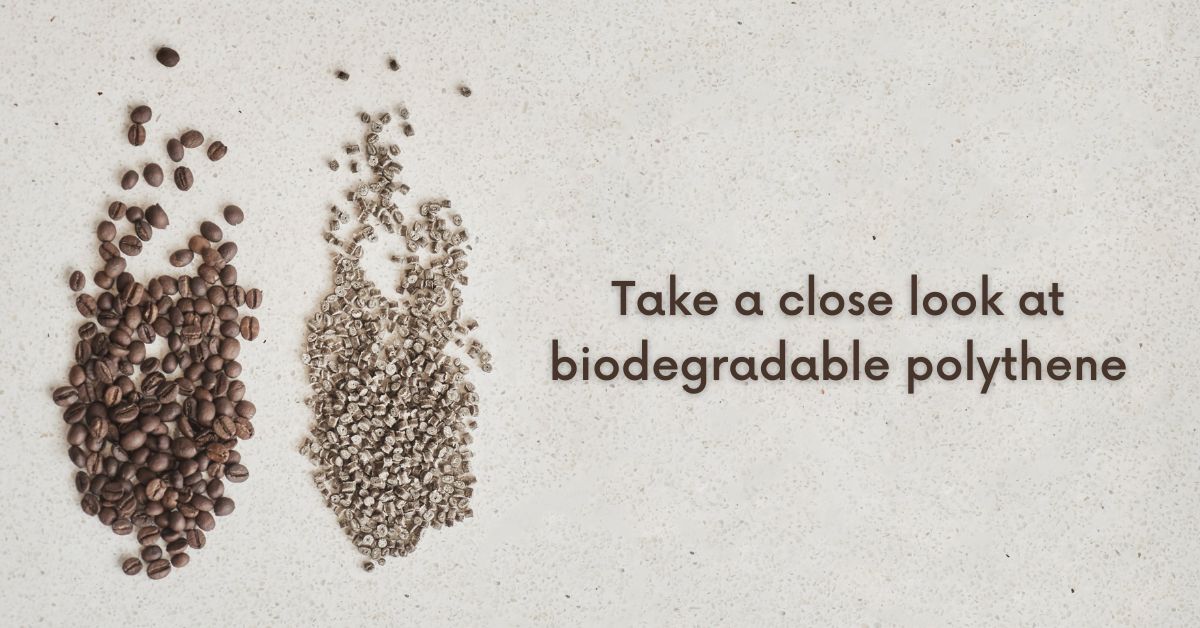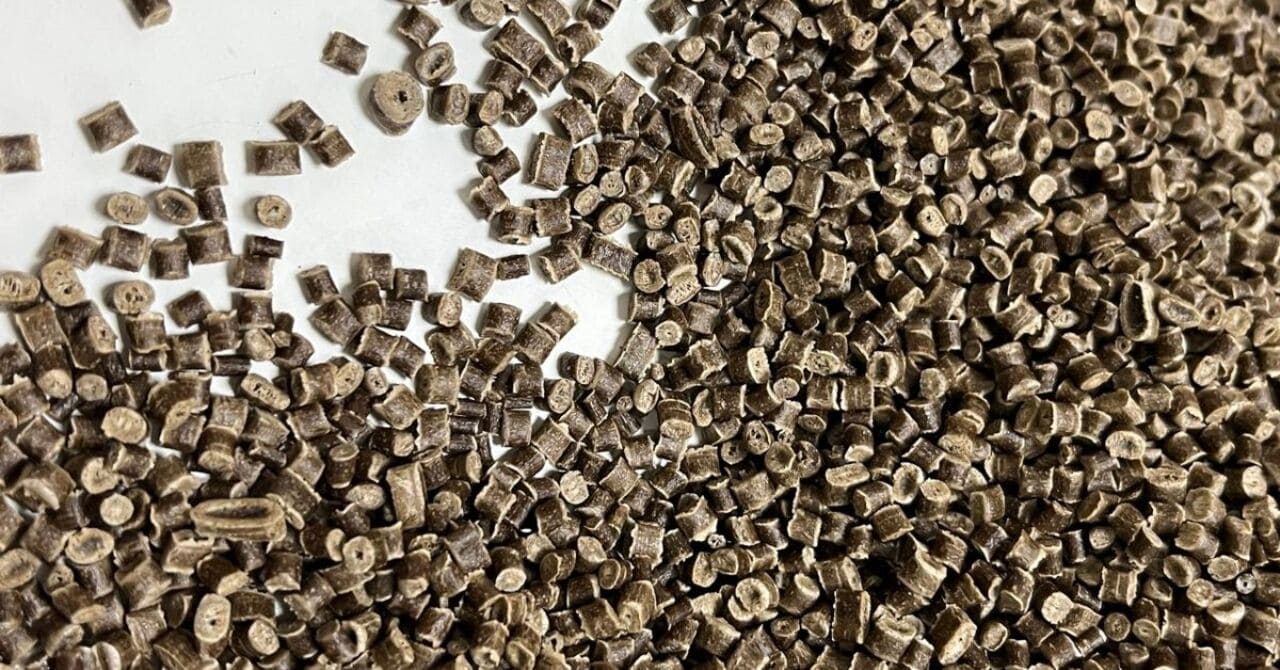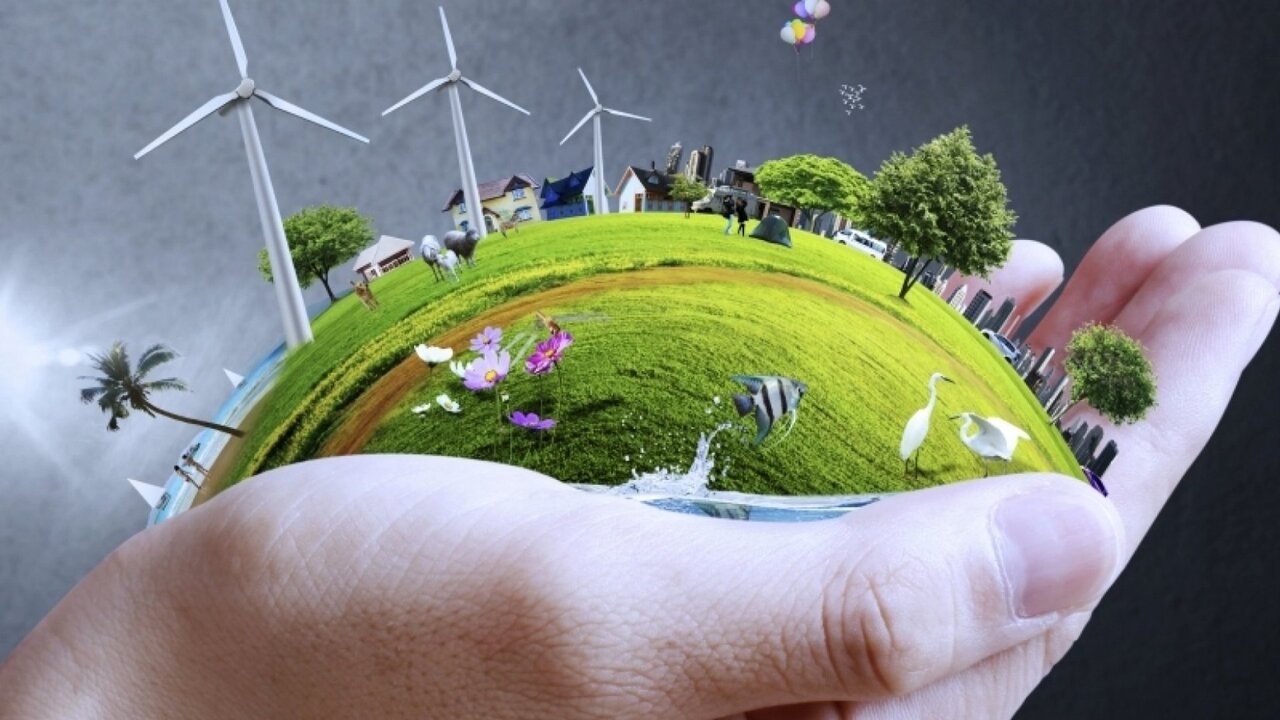Take a closer look at biodegradable polythene

Biodegradable polythene offers a promising pathway towards reducing plastic waste and its long-lasting ecological consequences. Unlike conventional polythene, which can persist in the environment for hundreds of years, bio degradable polythene has the ability to break down naturally and safely within a relatively shorter timeframe. This characteristic not only mitigates the burden of plastic pollution but also offers a more sustainable approach to various industries and everyday products.
Throughout this article, we will uncover the multifaceted aspects of biodegradable polythene.
1. What is biodegradable polythene?
Biodegradable polythene, also known as biodegradable polyethylene, is a type of plastic that is designed to break down and decompose into small fragments (industrial composting conditions). It is an alternative to traditional polythene, which is non-biodegradable and can persist in the environment for hundreds of years.  Bio degradable polythene offers a more sustainable alternative to traditional polythene by reducing plastic waste and its long-term environmental impact. By choosing bio degradable polythene products, we can contribute to mitigating plastic pollution and promoting a more environmentally friendly approach to plastic use and disposal.
Bio degradable polythene offers a more sustainable alternative to traditional polythene by reducing plastic waste and its long-term environmental impact. By choosing bio degradable polythene products, we can contribute to mitigating plastic pollution and promoting a more environmentally friendly approach to plastic use and disposal.
2. Difference between traditional polythene and biodegradable polythene
Traditional polythene, also known as conventional or non-biodegradable polythene, is composed of polymers that are resistant to natural degradation processes. This characteristic leads to its accumulation in the environment, contributing to the persistent issue of plastic pollution.
In contrast, bio-degradable polythene is specially decomposed and biodegradable into small fragments.
The difference in biodegradability between traditional polythene and biodegradable polythene is of crucial importance. While traditional polythene contributes to the growing problem of plastic waste and its adverse effects on ecosystems, biodegradable polythene offers a sustainable alternative that helps reduce environmental impact and promote a more circular economy.
3. Environmental Benefits of Biodegradable Polythene

Bio-degradable polythene offers a range of environmental benefits, which contribute to the reduction of plastic pollution, waste accumulation, and the overall environmental impact. Here are some key environmental benefits of biodegradable polythene:
- Reduction of Plastic Pollution: Bio degradable polythene breaks down into simpler compounds through natural processes, significantly reducing the volume of plastic waste in the environment. This reduction helps prevent plastic pollution in landfills, water bodies, and ecosystems, minimizing the harmful effects on wildlife and marine organisms.
- Preservation of Ecosystems: Bio-degradable polythene reduces the risk of entanglement or ingestion of plastic by animals, thus protecting their well-being and preserving biodiversity. By avoiding the persistence of plastic waste, bio degradable polythene contributes to maintaining the integrity and balance of ecosystems.
- Sustainable Waste Management: Bio-degradable polythene offers a more sustainable solution for waste management. It can be integrated into existing composting and organic waste processing systems, allowing it to be diverted from landfills. This promotes a circular economy by transforming the waste into valuable compost or other usable resources.
- Resource Conservation: The production of biodegradable polythene often utilizes renewable resources, such as plant-based materials or biomass feedstocks. By reducing reliance on fossil fuels, biodegradable polythene helps conserve non-renewable resources and decreases the environmental impact associated with their extraction and processing.
- Lower Carbon Footprint: Bio-degradable polythene has the potential to contribute to climate change mitigation. Its production can involve lower greenhouse gas emissions compared to traditional polythene derived from fossil fuels. Additionally, the proper management of biodegradable polythene waste ensures that any carbon dioxide released during the biodegradation process is part of a natural carbon cycle and does not significantly contribute to climate change.
Bio-based plastics manufacturer
AirX, the world’s first carbon-negative bio-material made from coffee grounds manufacturer, is a prestigious bio-based plastics manufacturer that has been leading the way in producing sustainable and eco-friendly products.

The company specializes in the production of bio-based composites from recycled carbohydrates derived by-products, including coffee grounds, coconut husk, sugarcane bagasse, and bamboo. By using these raw materials, AirX is able to create bio-based plastics that are not only sustainable but also biodegradable, providing a closed-loop system that benefits the environment.
AirX’s commitment to sustainability is evident in every aspect of their business. They utilize a zero-waste approach to production, ensuring that all materials are utilized and nothing goes to waste. Their manufacturing process also produces minimal carbon emissions, making their products carbon negative.
Contact us
AirX is the world’s first carbon-negative bio-material made from coffee grounds manufacturer.
We specialize in producing bio-based composites using recycled carbohydrates derived from by-products such as coffee grounds, coconut husk, husk, and bamboo. Our goal is to promote sustainability through the use of eco-friendly materials.
We are always here to help and provide the best service possible. If you have any questions or would like to receive advice and feedback directly from our sales staff, please do not hesitate to contact us. You can reach us through:
- Whatsapp: +84 969 742 950
- Email: [email protected]
We look forward to hearing from you!

